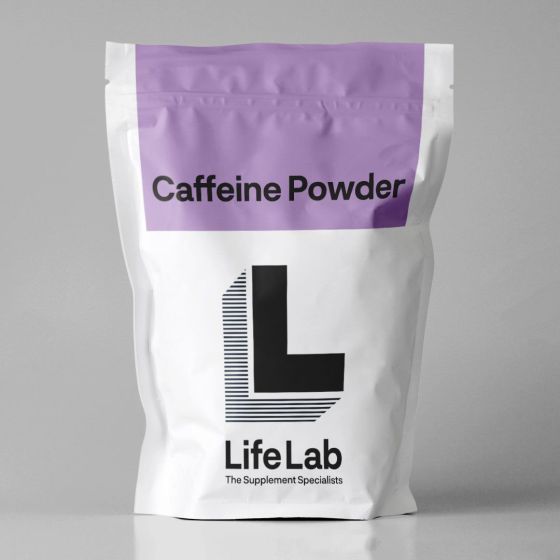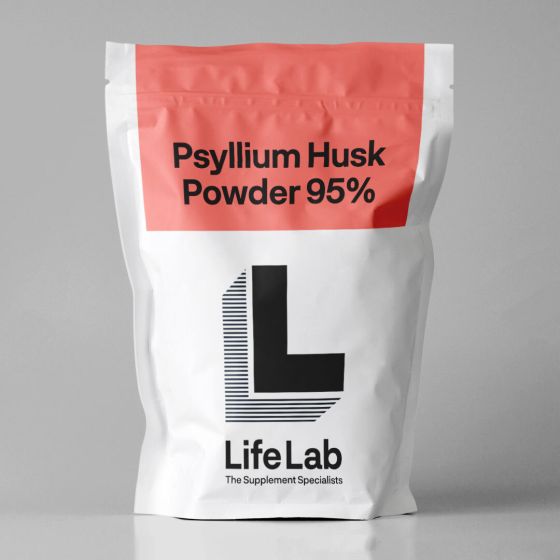As the warm, sunny days of summer begin to fade and September ushers in the cooler, crisper air of autumn, our bodies start to adjust to the changing season. With these changes come new challenges for our health, particularly as we prepare for the flu season and less sunlight. This makes September the perfect time to reassess our nutritional needs and consider the benefits of adding certain supplements to our daily routine. Among the most beneficial supplements for this time of year are Vitamin C, Vitamin D3, and Niacin.
Vitamin C: Your Immune System’s Best Friend
Vitamin C is a powerhouse antioxidant that plays a crucial role in immune function. As we transition into fall, our exposure to various pathogens, such as cold and flu viruses, tends to increase. This is where Vitamin C steps in, bolstering our immune defences.
Why Vitamin C is Essential in September:
Immune Support: With school back in session and more time spent indoors, the chances of catching a cold increase. Vitamin C enhances the production of white blood cells, vital for fighting off infections.
Antioxidant Protection: It neutralizes free radicals in the body, reducing inflammation and protecting against oxidative stress that can weaken the immune system.
Skin Health: Vitamin C promotes collagen production, helping to maintain healthy skin as the air becomes drier in the fall months.
Incorporating foods rich in Vitamin C, such as oranges, strawberries, and bell peppers, along with a daily supplement, can help ensure your immune system is in top shape as the season changes.
Vitamin D3: The Sunshine Vitamin
Vitamin D, particularly in its D3 form, is known as the "sunshine vitamin" because our bodies produce it in response to sunlight. However, as the days shorten in September, our exposure to sunlight decreases, which can lead to a drop in Vitamin D levels. This can have a significant impact on our health, particularly on our immune system and mood.
Why Vitamin D3 is Important in September:
Immune Support: Vitamin D3 plays a critical role in activating immune system defences, making it a key nutrient in preventing colds and flu during the fall and winter months.
Mood Regulation: Lower levels of sunlight can lead to seasonal affective disorder, a type of depression. Vitamin D3 helps regulate mood and ward off the winter blues.
Bone Health: Vitamin D3 is essential for calcium absorption, which is crucial for maintaining strong bones and preventing osteoporosis, particularly as we age.
Since it’s difficult to get sufficient Vitamin D from diet alone, a supplement can be especially beneficial as we head into the fall months.
Niacin: The Unsung Hero for Energy and Heart Health
Niacin, also known as Vitamin B3, is a lesser known but essential nutrient that supports various aspects of health, from energy production to cardiovascular health. September is an ideal time to ensure you get enough of this vital nutrient, especially as the demands of work, school, and life ramp up after the summer.
Why Niacin is Beneficial in September:
Energy Production: Niacin plays a key role in converting food into energy, which is essential as we adjust to the busier pace of fall.
Cholesterol Management: Niacin has been shown to improve cholesterol levels by increasing good HDL cholesterol and lowering bad LDL cholesterol and triglycerides, which are crucial for heart health.
Brain Function: Adequate levels of niacin are essential for brain health, helping to protect against cognitive decline and supporting overall mental sharpness.
Incorporating foods high in niacin, such as chicken, tuna, and mushrooms, along with a supplement, can help maintain your energy levels and support cardiovascular health during the seasonal transition.
Conclusion
As September rolls in and we prepare for the cooler months ahead, it's important to give our bodies the support they need to stay healthy and strong. Adding Vitamin C, Vitamin D3, and Niacin to your daily routine can provide a host of benefits, from bolstering your immune system to improving your mood and energy levels. By starting these supplements now, you’ll be better prepared to tackle the challenges of the fall and winter seasons with vitality and resilience.
Remember to consult with a healthcare professional before beginning any new supplement regimen, especially if you have underlying health conditions or are taking other medications. With the right approach, you can ensure that September is not only the start of a new season but also the beginning of a healthier, more vibrant you.















